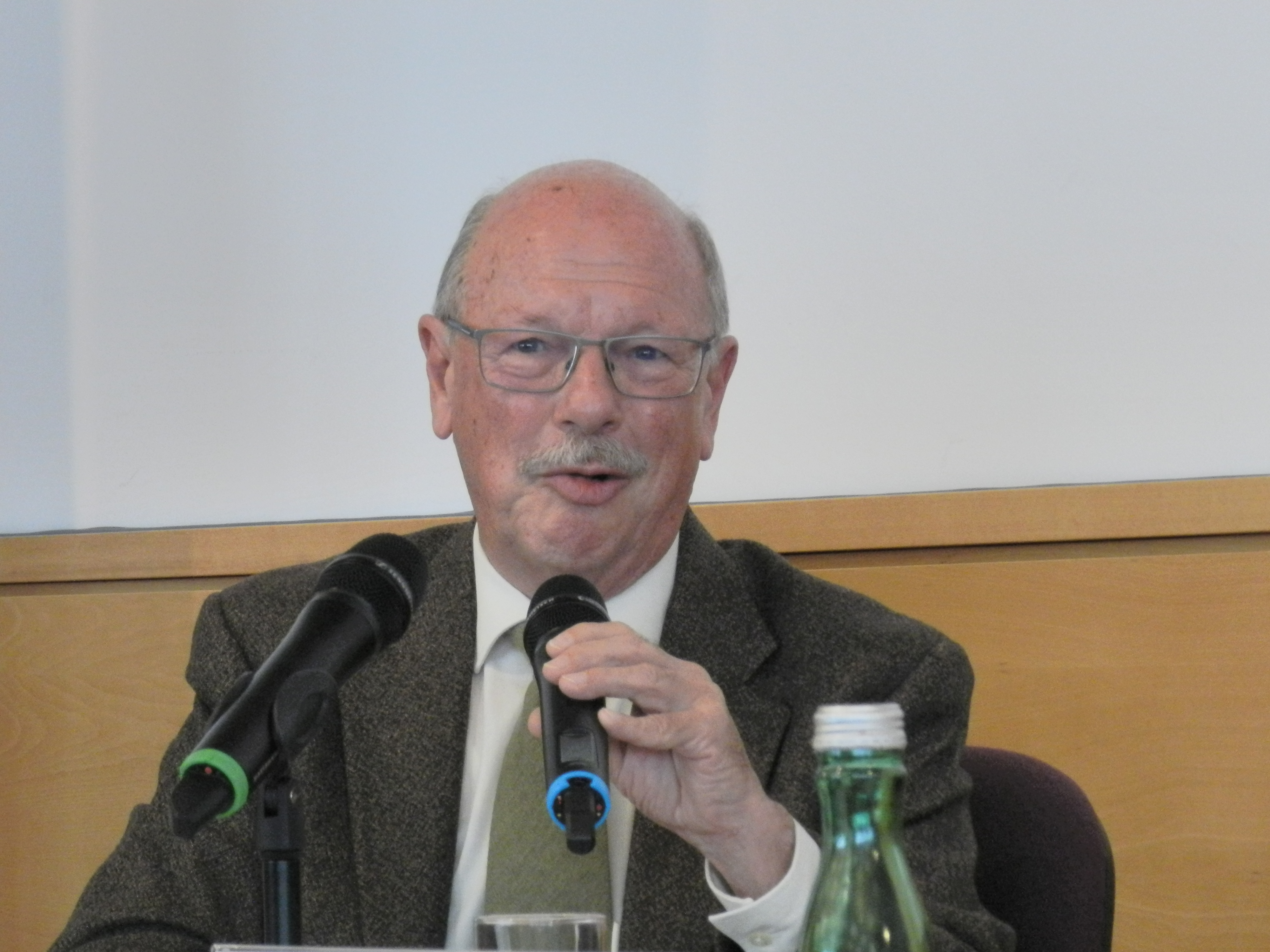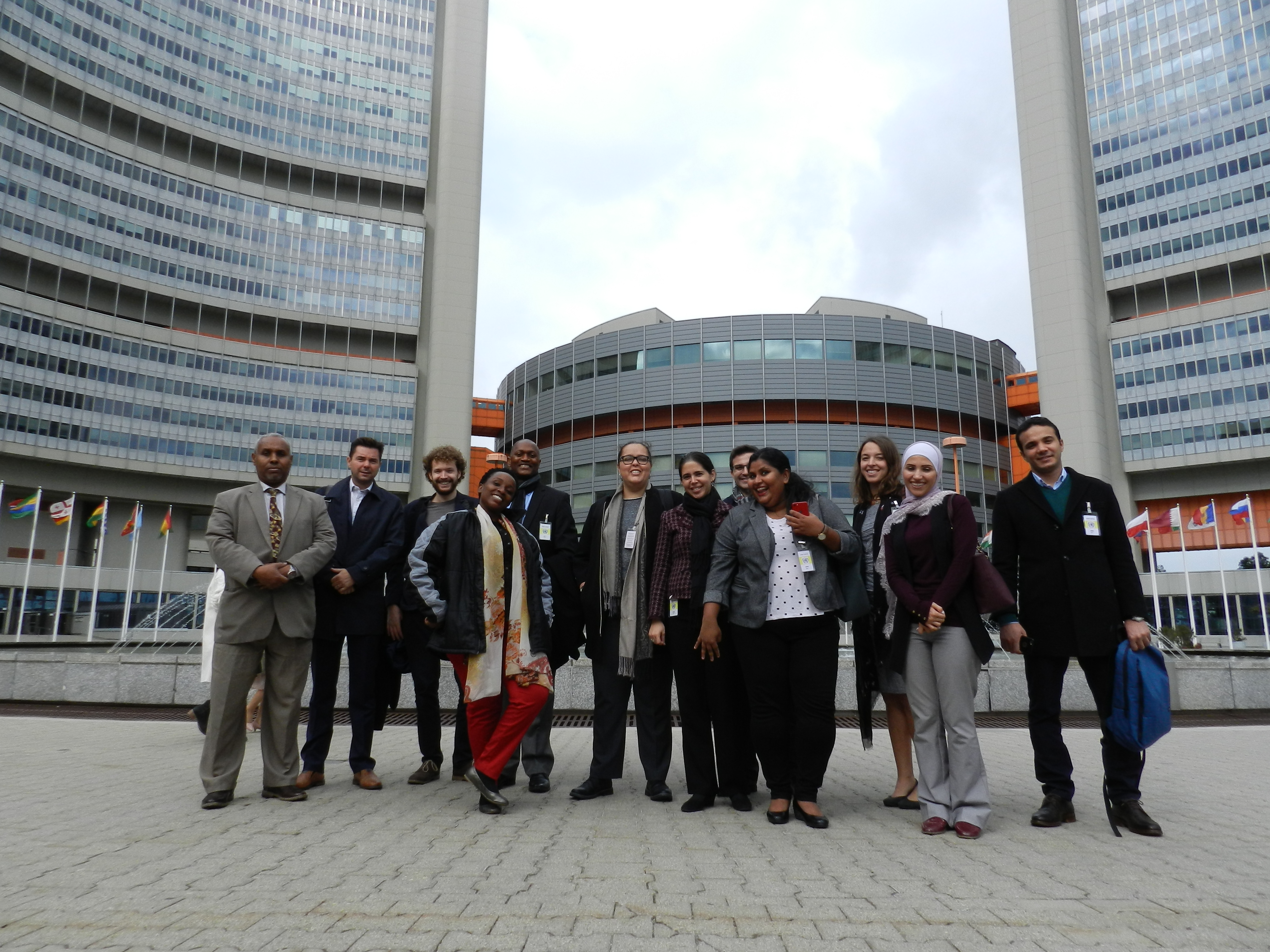

John Carlson, an international expert on nuclear non-proliferation, disarmament and arms control, safeguards and verification, nuclear security and nuclear governance, authored a paper examining possible measures that could bring provisions of the Comprehensive Nuclear-Test-Ban Treaty (CTBT) into force and ways to strengthen the norm against nuclear testing. This paper was prepared with the financial support of the Permanent Mission of Japan to the International Organizations in Vienna, in cooperation with the Vienna Center for Disarmament and Non-Proliferation (VCDNP). The views, thoughts and opinions expressed in this paper are solely those of the author, and do not necessarily reflect the positions of institutions for which the author works, the Permanent Mission of Japan, the VCDNP or other organizations that provided financial support to the project.
The final paper builds on discussions that took place in January 2019 when the draft paper was presented.
Excerpt from the paper:
A universal and effectively verifiable treaty prohibiting the conduct of nuclear tests represents a vital disarmament and non-proliferation measure and a major contribution to the achievement of a world without nuclear weapons. The adoption of the Comprehensive Nuclear-Test-Ban Treaty (CTBT) in 1996 was hailed as one of the most significant concrete and practical steps of nuclear disarmament. However, the CTBT has been afflicted with an exceptionally difficult entry into force formula, requiring ratification by all of the 44 States named in Annex 2 of the Treaty. Continuing uncertainty about when, or even whether, the CTBT can be brought into force has been pointed out as a serious weakness and challenge for the future of the Treaty.
While the CTBT is still not in force, considerable progress has been made on the operational aspects of the Treaty. The Treaty’s International Monitoring System (IMS) is now 90 per cent complete and the International Data Centre (IDC) is analysing data sent from the IMS stations. In addition, the Preparatory Commission for the Comprehensive Nuclear-Test-Ban Treaty Organization (PrepCom) is working to develop procedures for on-site inspections (OSI), the capability of which has been demonstrated through field exercises.
(...)
Generally speaking, normatively strong measures tend to entail more political obstacles, sometimes insurmountable difficulties, and vice versa. Furthermore, actions of States taken under a more structured framework are normatively stronger than each State acting individually, but greater international coordination is necessary. Therefore, policy-makers should consider what international framework is preferable and at the same time what domestic process is necessary to take steps in accordance with such an international framework; these factors might differ from State to State.
The paper discusses a number of practical actions States can take which would strengthen the Treaty by enhancing operational preparedness for entry into force.
Whichever actions are adopted, it is essential to avoid creating major divisions among the ratifying and signatory States which could undermine the Treaty’s basic structure. Thus it is highly recommended that any action should be carried out through consensus or through voluntary measures by those States which are ready to take such action.
Read the full paper here.



By continuing to use the site, you agree to the use of cookies. more information
The cookie settings on this website are set to "allow cookies" to give you the best browsing experience possible. If you continue to use this website without changing your cookie settings or you click "Accept" below then you are consenting to this.